Game changer for the bio-based economy
The context
Europe’s economy depends on oil and gas for energy and chemistry for all kinds of daily life products, but the use of fossil resources harms the environment and our climate. The bioeconomy offers a way out by providing industrial and consumer products made of biomass and waste.
This is a crucial moment for involving society in the transition to a more circular economy. Since all individuals, whether as citizens or consumers, will be affected, they should be able to play a role when shaping it. On the other hand, it goes without saying that the bio-based industry needs the input of citizens and consumers, to make sure that the products developed are in tune with consumers’ requirements and expectations.

In Allthings.bioPRO we are going to put all emphasis on getting citizens involved in the bioeconomy and making their voices heard. We will focus on issues and products, which connect with the daily life of citizens and consumers. Possible themes are the creation of growth and jobs, sustainable and circular use of resources or the societal dimension of the bio-based industry in Europe but also outside Europe where the biomass products might impact societies in other countries. The personal viewpoint of a consumer considers quality, functionality and the costs of products but does also care about sustainable production and the environmental impact of daily life products.
In Allthings.bioPRO we will use serious gaming to channel citizens’ voices to the bio-based industries. The aim is to develop a serious game within a co-creation and co-design process involving both citizens and experts. To ensure focus, we already decided on the subject of the serious game but we will leave the final creation of its content to the engagement process.
Allthings.bioPRO will also make use of mobile phones as one means to collect citizen-derived data. By developing a mobile application, which is directly related to bio-based products, the project will create data, which can be exploited by bio-based industry stakeholders and can provide important insights to policy. Assuming that the bioeconomy is about the transition from a fossil-based economy to a sustainable bio-based economy we will start from the usual product case, which is often made from fossil-based materials. We will develop a mobile app to show citizens alternatives for the same kind of product, which are partly or fully made of bio-based materials.
The Allthings.bioPRO project started in September 2020 and will run until August 2023.
Project coordinator
Valerie Sartorius
v.sartorius@fnr.de
FNR – Fachagentur Nachwachsende Rohstoffe e.V.
Our history
Allthings.bioPRO can be considered a natural evolution of the previous BioCannDo project that ran from October 2016 until September 2019 and originally created the AllThings.Bio portal.
Who are we?
The Allthings.bioPRO consortium constitutes a multidisciplinary and competent partnership to address the challenges posed by the objectives of the project. Partners are coming from different countries in Europe including Germany, the Netherlands, Italy, Belgium, Estonia and Sweden. All partners are active in projects and other activities related to the bioeconomy and bio-based products, and are working regularly in multi-stakeholder settings with special emphasis on citizen engagement and participation.
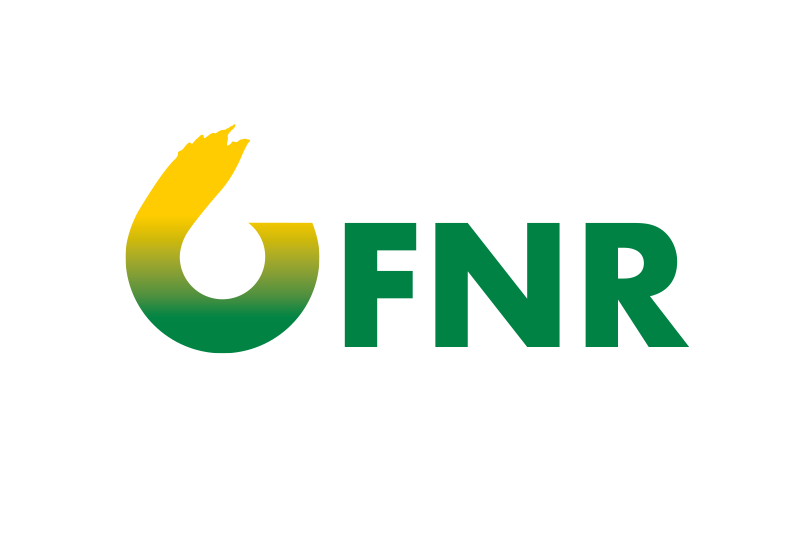
Fachagentur Nachwachsende Rohstoffe e.V.
FNR was founded by the German Federal Ministry of Food and Agriculture (BMEL). FNR main responsibility is to support R&D in the area of renewable resources, but also to inform the public about current research results. FNR contributes to the needed coordination and knowledge transfer and is participating in various trans-national projects and international cooperation.
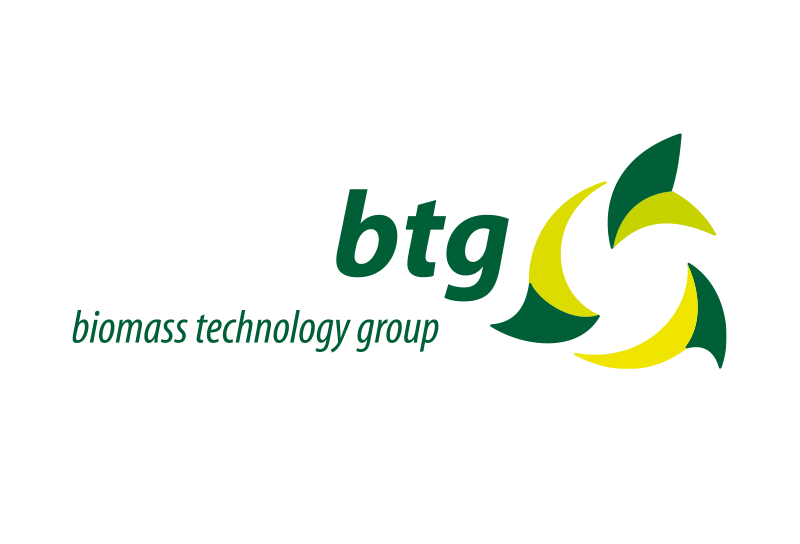
BTG Biomass Technology Group BV
BTG is a SME developing processes and promoting the production and market-uptake of bioenergy, biofuels and bio-based products. We combine academic intelligence with engineering skills and practical field experience. We help bridging the gap between the research community and the marketplace.
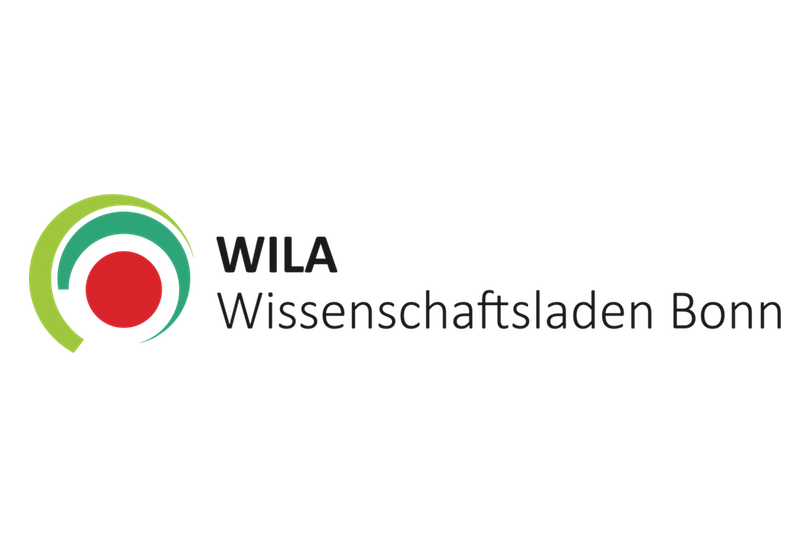
Bonn Science Shop
Bonn Science Shop (established in 1984, non-profit, 35 employees) works in line with RRI to ensure that citizens' concerns become a systematic part of research and (university) teaching and is German partner in currently three EU funded projects. It empowers citizens to become competently engaged in socially important topics and assigns particular importance to the topics of civil society & sustainability, environment & health as well as the labor market with a strong focus on the "green workplaces".
iCons Foundation
ICONS is a private group that develops large-scale projects in the field of culture and science innovation. Through its know-how in science communication, social and business innovation, ICONS designs strategies aimed at creating and measuring the impact of scientific research on society, leveraging on strong communication and dissemination activities, engaging citizens, entrepreneurs, investors, policy makers and media.
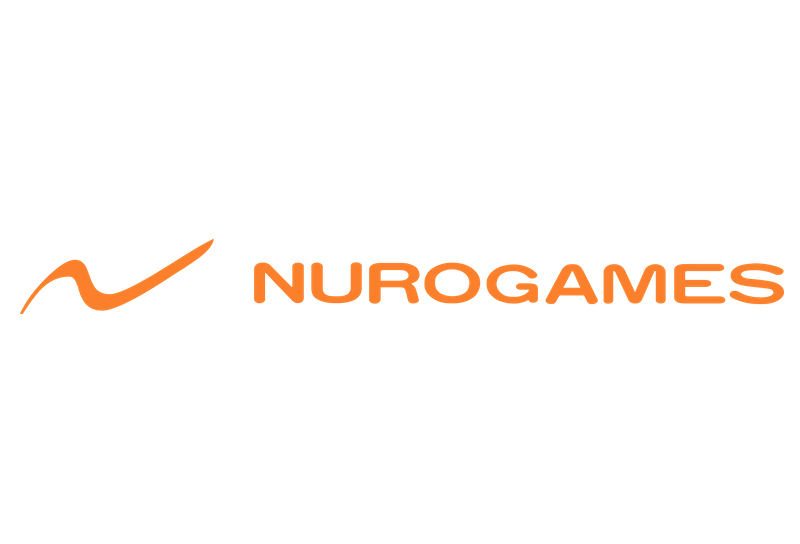
Nurogames GmbH
Nurogames is an independent games development company, founded in 2006 by experts of the games and media industry. Covering a wide range of experience and comprising high-skill development for mobile and cross-platform games, serious games are our main activity. By participating in multiple research projects nationally and internationally, NURO ensures long-term orientation and knowledge of state-of-the art technologies.
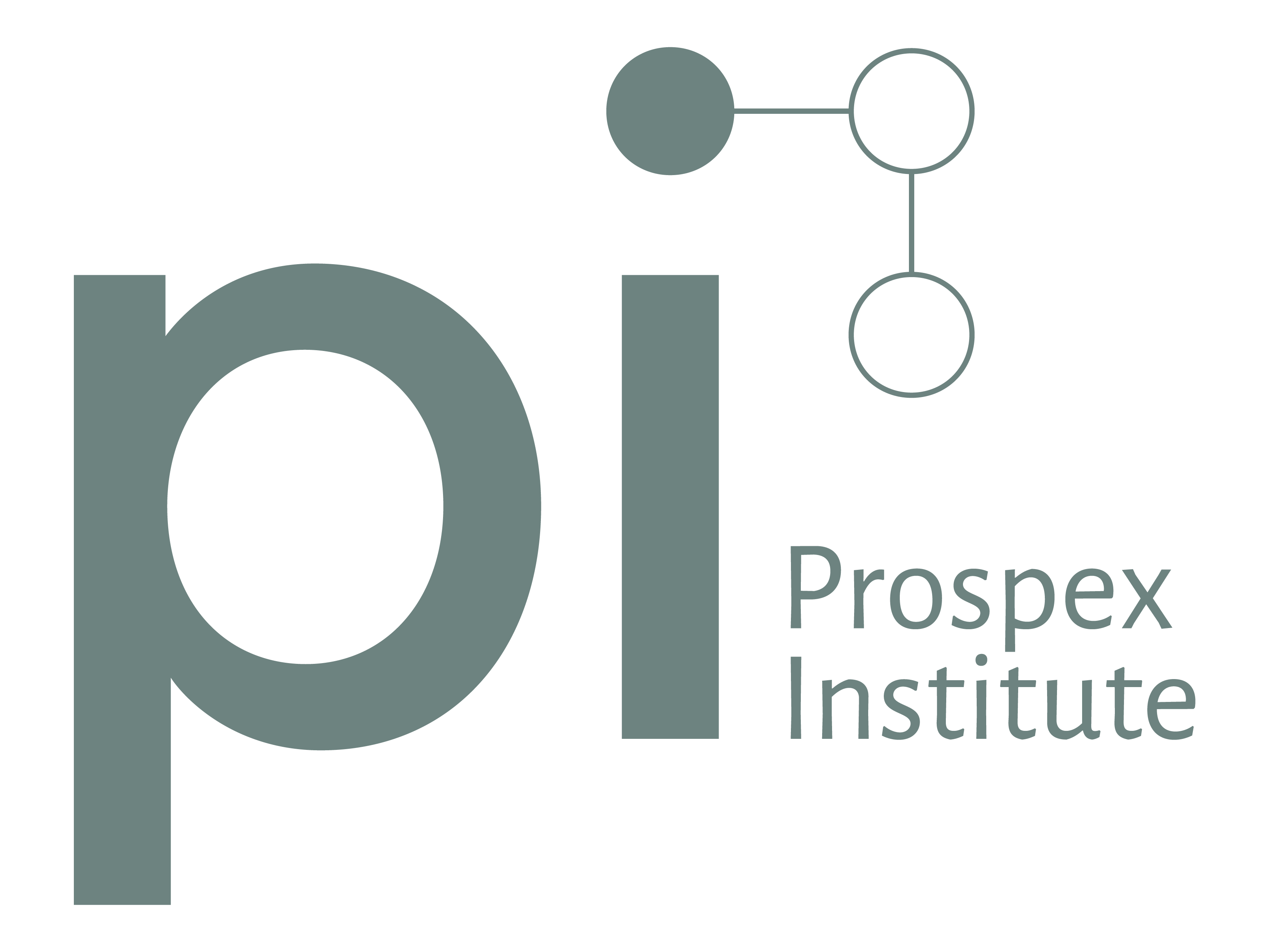
Prospex Institute vzw.
Prospex Institute enables and promotes the participation of citizens and stakeholders in societally relevant dialogue and decision-making processes. PI experts are global leaders in the field of stakeholder engagement, involving diverse, often multicultural and high-level groups, from policymakers to business representatives, researchers, practitioners and citizens. Moreover, the PI team is well versed in strategic decision-making methods and processes and excels in professional moderation and facilitationofboth in-person and virtual workshop formats. PI is internationally active, has worked with numerous institutions and is involved in several high-level H2020 projects. The institute is based in Brussels.
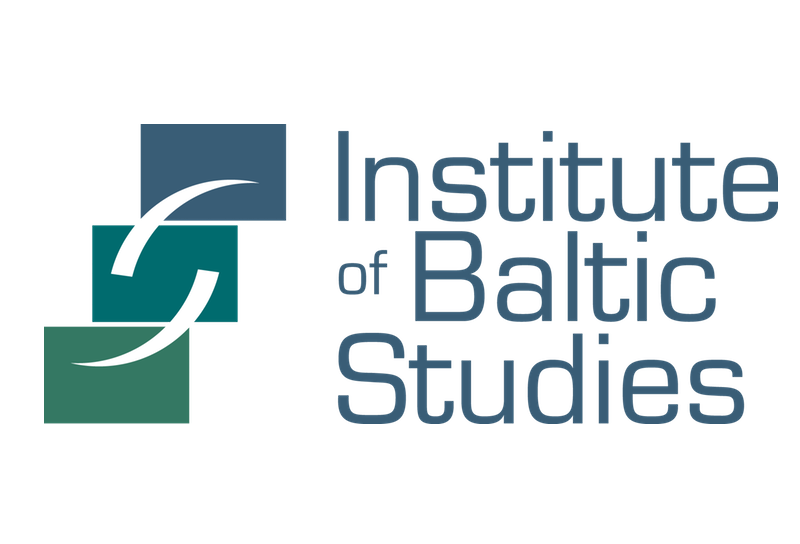
The Institute of Baltic Studies
The Institute of Baltic Studies is an independent, non-profit policy research and development think tank in Estonia. Founded in 1996, IBS aims with its activities at contributing to the increase of knowledge and understanding of the development challenges and opportunities facing Estonia in particular and Baltic Sea region in general. IBS main areas of expertise fall into five broad domains: smart city, migration and integration, economic and innovation policy, technology acceptance and cybersecurity, and education, youth and labor market.
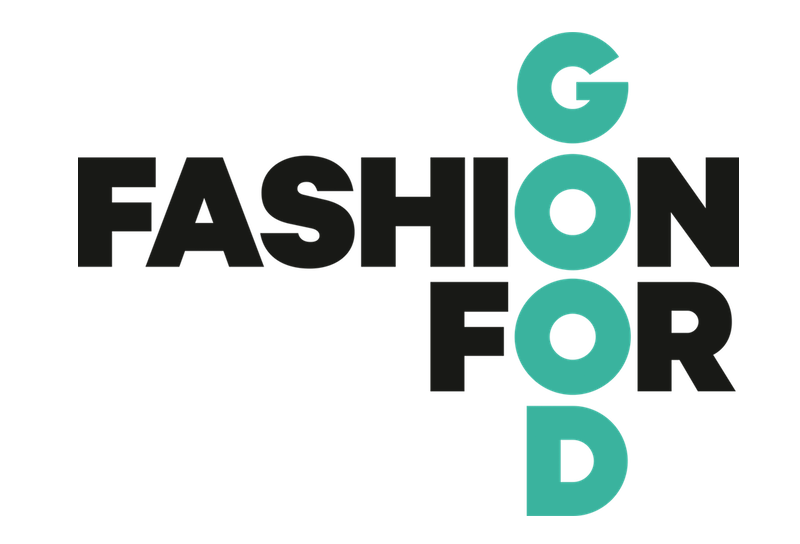
Fashion for Good Museum
The Fashion for Good Experience is the world’s first sustainable fashion museum. It aims to change the hearts and minds of the visitors by telling the stories behind the clothes you wear, showing you how to take action and have a positive impact on the fashion industry. Through a personalised digital journey with an RFID-bracelet you can learn about the history of good fashion, discover sustainable products and explore fashion innovations of the future.
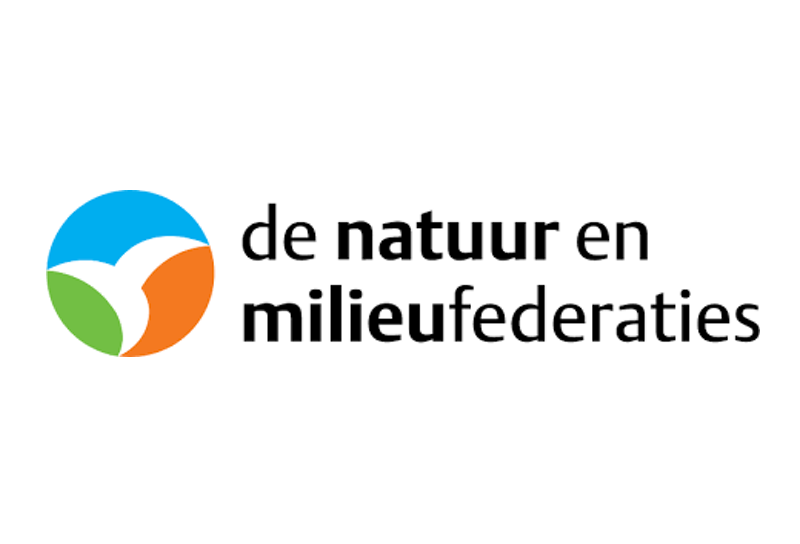
De Natuur en Milieufederaties
The Nature and Environment Federations represent the interests of nature, the environment and sustainability in every Dutch province. We do this through lobbying, campaigns and the promotion of environmentally friendly behavior. We work closely with residents, governments and the business community. Together we make the Netherlands more beautiful and sustainable!
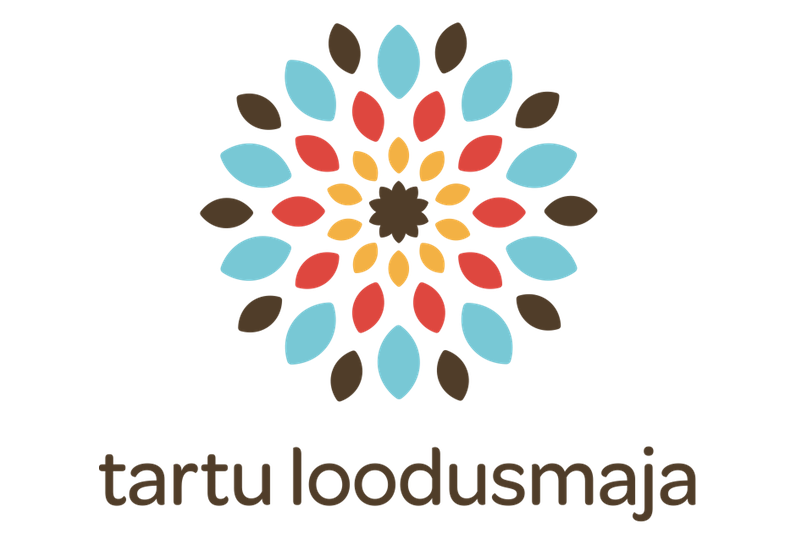
Tartu Environmental Education Centre
Foundation Tartu Environmental Education Centre is a unique place created to offer environmental education and promote sustainable development. Our mission is to motivate children, families and adults to think about the future of our Planet and behave in a responsible and sustainable way.
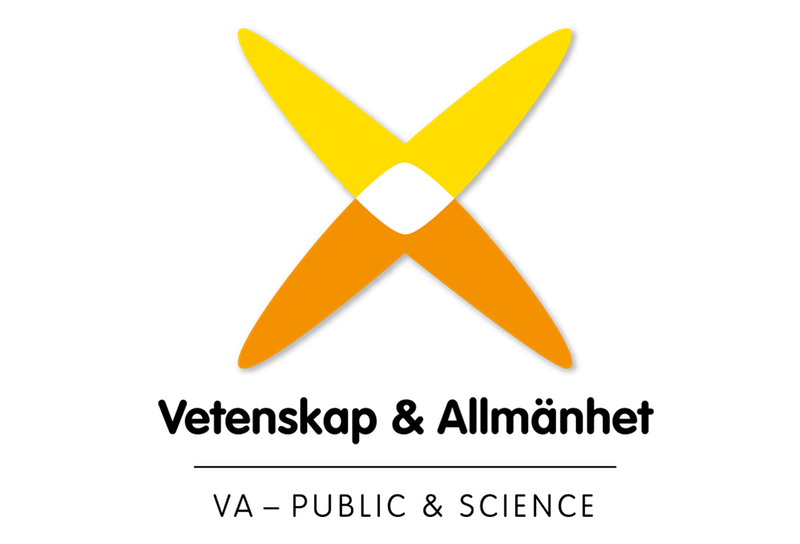
VA Public & Science
VA is a non-profit member organisation that works to promote dialogue and openness between researchers and the public. Our 100 member organisations represent different sectors of society. VA is the national node for public engagement, citizen science and science communication. Our activities includes; studies and surveys, development of new engagement formats and advocacy work.
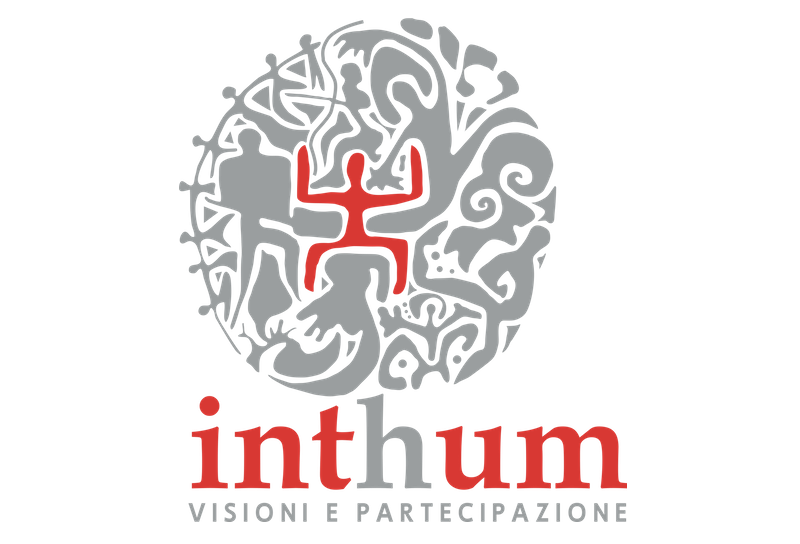
IntHum – Intercultural Laboratory for Research on and the Promotion of the (H)uman Condition
IntHum is a social promotion association created to promote social and cultural change through active collaboration between science and society.
IntHum is one of the results of activities carried out by the University of Sassari within the EU funded project PERARES – Public Engagement with Research and Research Engagement with Society.
As a Science Shop, IntHum supports scientific research in an independent and participatory manner by means of social promotion actions and community based research.